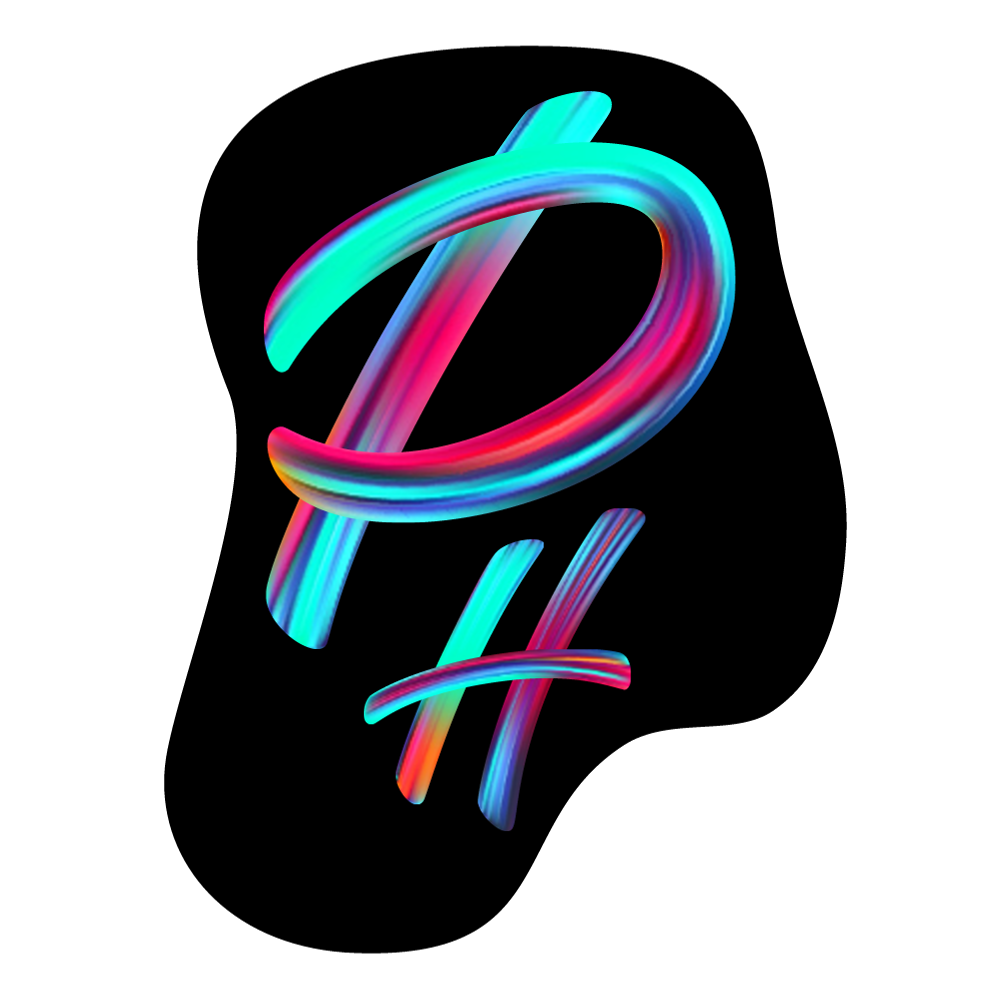This handout is part of a series of zines summarizing key works on mutual aid, decentralized organizing, and direct democracy. You can explore other zines in this series here.
The views presented do not necessarily reflect my own. This handout is intended purely for educational purposes and to preserve important ideas, drawing directly from the book and related discussions.
A digital version of the handout is included in this post, and you can use the button below to go straight to the printable files. Citations for statistics are available in these PDFs. The blog post offers an additional means of sharing, and I encourage free distribution of this content in any format. No license is claimed on this material—feel free to pirate, share, and circulate it as you wish.
Bullsh*t Jobs
The rise of meaningless jobs and their consequences
What is a Bullsh*t Job?
A "bullsh*t job" is a form of employment that is so meaningless, unnecessary, or harmful that even the employee cannot justify its existence. It’s often masked by corporate jargon or bureaucratic systems, leaving workers feeling unfulfilled, confused, or demoralized. The concept was originally proposed in a 2013 article by the anthropologist and activist David Graeber.
15%
of employees worldwide feel engaged in their work.
60%
of work time is spent on "work about work," like redundant meetings and admin tasks.
60%
of existing jobs have been identified as having potential for automation.
Types of Bullsh*t Jobs
Flunkies:
Jobs that exist just to make others look or feel important.
Goons:
Jobs that exist in sectors that create or maintain demand for things that otherwise wouldn’t exist.
Duct Tapers:
Jobs that exist solely to fix problems that could be avoided.
Box Tickers:
Jobs created to give the appearance that something is being done when nothing is happening.
Taskmasters:
Jobs that exist to supervise people who don't need supervision.
The Impact of Bullsh*t Jobs
Emotional Toll: People in these roles often suffer from depression, anxiety, and a loss of self-worth due to the lack of meaning in their work.
Wasted Potential: Time and talent that could be used productively are squandered, impacting overall societal progress.
Systemic Waste: Bullsh*t jobs create inefficiencies in businesses, government agencies, and other organizations, wasting resources and stifling innovation.
Survey: Do I Have a Bullsh*t Job?
If you checked the last box or 3 or more other boxes, you might have a bullsh*t job!
Abolishing Bullsh*t Job
Technological advances and increased worker productivity promised more leisure and meaningful work, yet few of these benefits have trickled down to the vast majority of labor.
1. Shorter Workweeks:
A four-day workweek pushes organizations to focus on essential tasks, cutting out busy work and improving work-life balance.
2. Universal Basic Income (UBI):
UBI provides a financial safety net, allowing workers to leave meaningless jobs without hardship and seek roles that align with their interests.
3. Democratic Work Models:
Prioritizing transparency and giving workers a voice in decision-making fosters more engaging and valuable job opportunities.



